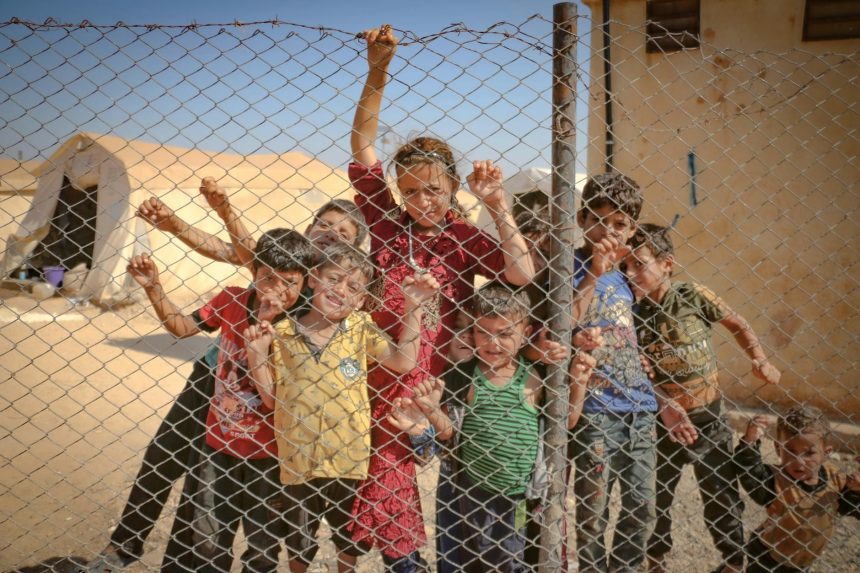Afghan Refugee Support Challenges
Afghan Refugee Support Challenges: What’s Next?
As the global landscape shifts, many Afghan refugees and asylum seekers are navigating complex journeys, seeking stability and new beginnings. This article explores the evolving challenges faced by these individuals and communities, focusing on practical support and future outlooks. We’ll delve into the specific hurdles encountered and highlight pathways toward successful integration.
## Understanding the Afghan Refugee Experience
The resettlement of Afghan refugees is a multifaceted process, marked by both resilience and significant hurdles. Many arrive with unique cultural backgrounds and often carry the weight of past experiences, necessitating tailored support systems.
### The Journey to a New Home
The path from displacement to a new home is rarely straightforward. It involves navigating bureaucratic processes, adapting to unfamiliar environments, and rebuilding lives from the ground up.
### Key Support Pillars
Successful integration hinges on several critical areas of support:
* **Housing:** Securing stable and affordable housing is often the most immediate and pressing concern.
* **Employment:** Finding meaningful work that utilizes existing skills and provides financial independence is crucial.
* **Education:** Access to education for children and opportunities for adults to learn new skills are vital for long-term success.
* **Healthcare:** Ensuring access to physical and mental health services addresses immediate needs and supports overall well-being.
* **Community Integration:** Building connections within the local community fosters a sense of belonging and reduces isolation.
## Navigating Evolving Challenges
The landscape of refugee support is constantly changing, presenting new and persistent challenges for Afghan communities.
### Economic Pressures and Affordability
Rising costs of living and economic downturns can disproportionately impact vulnerable populations, including refugees. This strain can make it harder to secure and maintain essential resources.
### Cultural and Linguistic Barriers
While many organizations offer translation services, deeper cultural understanding and nuanced communication remain ongoing areas for development. Bridging these gaps is key to effective support.
### Mental Health and Trauma Support
The psychological toll of displacement and trauma requires specialized and accessible mental health services. Ensuring these services are culturally sensitive is paramount.
## Building Sustainable Support Systems
Addressing these challenges requires a collaborative and proactive approach from governments, NGOs, and local communities.
### The Role of Community Organizations
Local organizations play an indispensable role in providing direct assistance, cultural orientation, and advocacy. Their on-the-ground efforts are often the first line of support.
### Government Policies and Initiatives
Effective government policies that streamline resettlement processes, provide adequate funding, and promote integration are essential for long-term success.
### Community Engagement and Welcome
The welcoming attitude of host communities can significantly impact a refugee’s sense of belonging and their willingness to engage. Simple acts of kindness and inclusion make a profound difference.
## Looking Ahead: A Path Forward
The journey for Afghan refugees is ongoing, but with sustained effort and a focus on comprehensive support, brighter futures are achievable.
1. **Advocate for Policy Changes:** Support policies that facilitate quicker access to work permits and educational opportunities.
2. **Volunteer Time and Resources:** Contribute to local organizations that directly assist refugees.
3. **Foster Inclusivity:** Actively seek opportunities to interact with and welcome newcomers into your community.
4. **Educate Yourself and Others:** Learn about the realities of refugee experiences and share that knowledge.
5. **Support Local Businesses:** Patronize businesses owned by refugees and asylum seekers when possible.
For more in-depth information on refugee resettlement and support, consider exploring resources from the United Nations High Commissioner for Refugees (UNHCR) and local resettlement agencies.
© 2025 thebossmind.com
Featured image provided by Pexels — photo by Ahmed akacha





